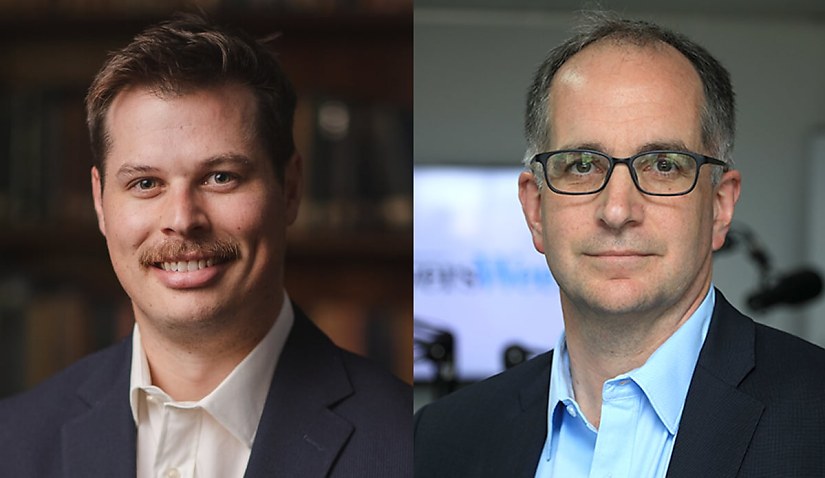Powered by MOMENTUM MEDIA
With companies increasingly failing to plan ahead, general counsel are left with the task of “firefighting” the challenges that come up – but tackling these head-on and embracing the stress that comes with it may be what in-house legal teams need to flourish.

On the back of the fourth annual Global Survey Report, LOD head of market insights Mark Dodd told The Lawyers Weekly Show that more than 40 per cent of general counsel felt they had to constantly firefight the risks cropping up in their companies as a result of a failure by leaders to plan for increased pressures and uncertainty.
According to legal counsel at Canon Oceania, David Field – who joined Mr Dodd on the episode – this is currently occurring in what may be a “much less certain world” given the recent war in Ukraine and the global pandemic. He added this means businesses and clients are dealing with “increased risk, pressure and uncertainty”.
“That’s being reflected through the way lawyers have to deliver services and the support that lawyers have to provide in the environments they are working in now,” Mr Field said.
Mr Field added that for companies to avoid the need for firefighting, it comes down to “investing in capability and planning and building systems”, which his team approaches as a “never-ending task”.
“A house that’s not maintained will eventually crumble away to nothing. Human systems are exactly the same, and you just need … to be investing in systems. If you don’t, you will be dragged into firefighting,” Mr Field explained on the podcast.
“The very simple metaphor to use here is if you’re too busy cutting down trees to have time to sharpen the saw, you’re going to spend the rest of your life busy cutting down trees. You’ve got to make time to sharpen the saw to be more effective at cutting down those trees.”
Although both pressed that no lawyer should face burnout, Mr Field and Mr Dodd said it is in these times of stress that lawyers could be at their best because “a certain degree is good and stimulating”.
“The value-add that lawyers offer to businesses and to their clients is this ability to be the calm one in the room who keeps their head while everyone else is running around screaming. With discipline and with good intellectual rigour, they’re working out what are the priorities [and] what needs to be done,” Mr Field said.
Reflecting on what a respondent said in the report, Mr Dodd said a really important thing for in-house lawyers to understand is “no matter how proactive and well equipped you are, because of the nature of your reality, you will sometimes be firefighting”.
“When I was writing the introductory remarks to the report, I wanted to make it clear that we should try to avoid saying firefighting is this evil. I don’t think it’s an evil,” Mr Dodd said.
Mr Field said stress tends to be “a bit of a dirty word”, but “when we stop and think about it”, this stress can keep a team alive to new challenges and ready to face incoming risks. In turn, this could lead to better breakthroughs and an increased skill set.
“Most people who would gravitate to the legal profession, and certainly the in-house profession, would probably enjoy a bit of firefighting and probably find themselves gravitating to these roles because, personality-wise, we’re suited to it and enjoy it and the ability to keep your head as you’re systematically putting out the fire,” Mr Field said.
The problem is when firefighting becomes chronic, “because that’s just not sustainable, and it’s going to burn the house down”.

Naomi Neilson is a senior journalist with a focus on court reporting for Lawyers Weekly.
You can email Naomi at: